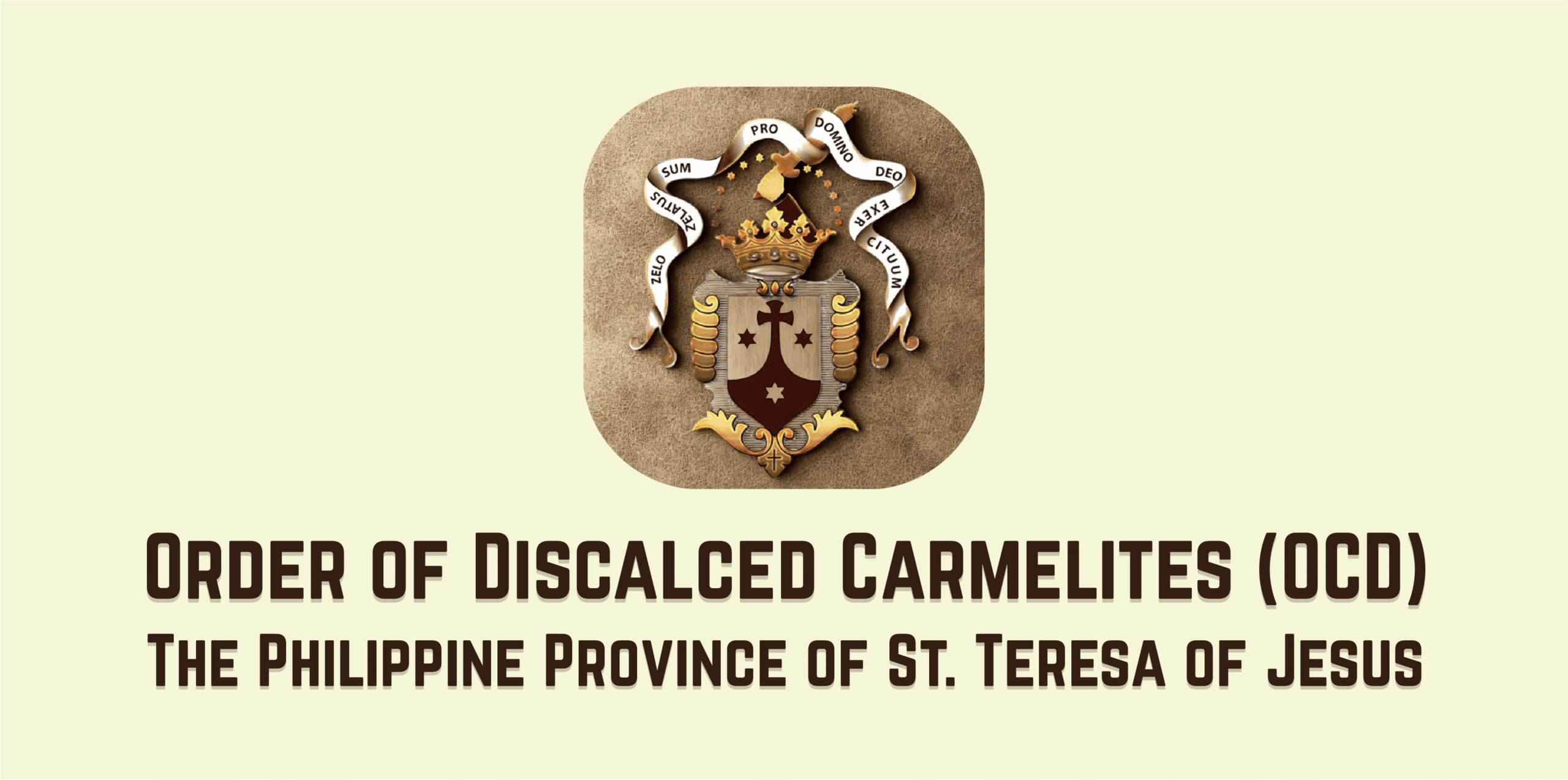Our Charism
The Teresian Charism
The Teresian Carmel has a long and fruitful history. Founded by St. Teresa of Jesus as a continuation of the ancient religious family of Carmel, it has spread throughout the world, adopting different forms and styles, embedding itself in various cultures, and flourishing through numerous figures of holiness. The diversity present in today’s Order—reflected in its origins, cultures, formation, sensitivities, and activities—invites us to give thanks for the fruitfulness of our charism. At the same time, it calls us to foster fidelity to the timeless elements of our charism and to maintain the unity of our family by drawing on the common spirit that constitutes us as one body.
Today, we feel a pressing call to embrace the richness of the charism entrusted to us and to continually renew it, ensuring it remains vibrant and relevant. The charism that St. Teresa of Jesus received, lived, and transmitted is a dynamic reality, constantly developing and expressing itself in new ways.

Rooted in prophetic and Marian traditions, the Teresian charism has been enriched and deepened over the centuries by the principal saints of our Order. Alongside St. John of the Cross—who, together with St. Teresa, represents the foundational moment of the Reformation—we recall some of the Carmelite saints,
• St. Thérèse of the Child Jesus, Doctor of the Church, who, alongside the two Spanish mystics, traced the path of spiritual childhood.
• St. Elizabeth of the Trinity, who bore witness to the unique and indwelling presence of the mystery of the Trinity.
• St. Raphael of St. Joseph (Kalinowski), a promoter of Church unity.
• St. Teresa Benedicta of the Cross, who united her profound love for truth with the offering of her life in the death camps.
In the same way, the richness of the Carmelite charism is now entrusted to us, both personally and within our communities. We must “always begin” anew (F 29,32) to be a “foundation for those who will come” (F 4,6). We must strive not to become prisoners of the past, nor allowing the grace of the present moment to slip away. We are invited to work concretely to build the Carmel our time needs.
Elements of the Teresian Charism
The Life of Prayer
From this foundational reality—friendship with God—many essential elements of the Teresian experience and teaching derive their meaning: attentiveness to interiority, contemplation, and unceasing prayer.
At the heart of prayer is a personal encounter with the living God. On the path of prayer, everything depends on love: “The important thing is not to think much but to love much, and so do that which best stirs you to love” (IC 4,1,7; cf. L 8,5,9; W 21,1). It is a relationship of friendship, a reality rooted in theological life—faith, hope, and love—which we recognize in its fullness in Mary, the model of our vocation.

Fraternity
The Teresian Carmelite way of life is a unique understanding and living the contemplative life. Friendship with God is deeply personal but never individualistic and isolated. For this reason, the Teresian charism has a strong communal dimension. In Teresa’s experience and teaching, fraternity—with its joys and challenges—is an indispensable aid in fulfilling our vocation as friends of God.

Mission
In salvation history, a vocation always corresponds to a specific mission. Mission is not merely a set of activities but an integral part of Carmelite identity. It manifests and communicates itself to the world, joining the many charismatic identities that enrich the Church.
The mission of the Carmelite family is unique. It is linked to the unifying principle and the primacy of seeking union with God in prayer. From this source flows the apostolic and social work carried out by the Order in various forms across many nations. Available to the pastoral needs of the local Church, Carmelites are called to deepen their understanding of mission in response to the signs of the times. This includes a special commitment to reaching out to the peripheries, the marginalized, and the poorest of the poor.
The mission of the Teresian Carmel is to live and bear witness to our call to friendship with God—proclaiming what we have seen and heard (cf. 1 Jn 1:1-3) and accompanying others on their interior journey so that all may experience the love of God. His love compels us to respond and fulfill our specific mission.

Unity of prayer-fraternity-mission
The three fundamental elements of the Teresian charism are prayer, fraternity, and mission. All three are intrinsically linked; they have no meaning in isolation but instead call upon one another.
One cannot live in friendship with the Lord without true fraternal relationships in community. This relationship overflows to an apostolic commitment in response to God’s will. Community life is meaningless if Christ is not at its center and if it does not lead to witness and service to Him and His Church. Apostolic activity becomes merely a worldly pursuit and a social outreach program if it does not spring from a loving relationship with God. It is an expression of commitment and communal discernment.
Every Carmelite should not only deepen and strengthen prayer, fraternity, and service in daily life but also strive to establish a profound and coherent relationship between them in practice.

